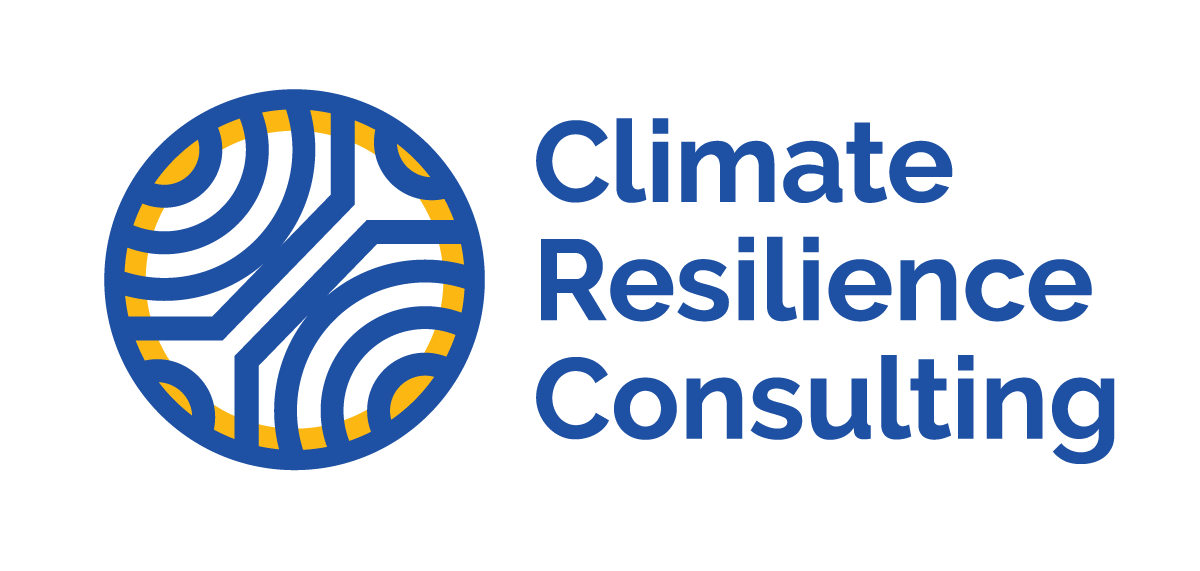I spoke at the National Oceanic and Atmospheric Administration's (NOAA) Coastal Zone Management conference recently and gleaned from the audience of scientists that executives are more likely to engage if they understand climate science. This blog strives to relay some climate science through charts that I find particularly compelling.
Climate scientists will tell you the hot summer we are experiencing reflects weather, not climate change; but this is what a climate changed environment will feel like. Projections show that, by the end of the century, Chicago will experience more than 70 heatwaves (in the higher emissions scenario) like the one in 1995 that claimed more than 600 lives.The following data are from Katherine Hayhoe, a climate scientist at the Texas Tech University.
Among other impacts, public health is likely to suffer, even in the developed world. A fascinating document from Climate Health and Change: Framing the Issue (Accenture, GlaxoSmithKline, and Oxford) helps to describe these health impacts.
Young children, the elderly and those with preexisting health conditions are particularly vulnerable.
Executives - engage!










